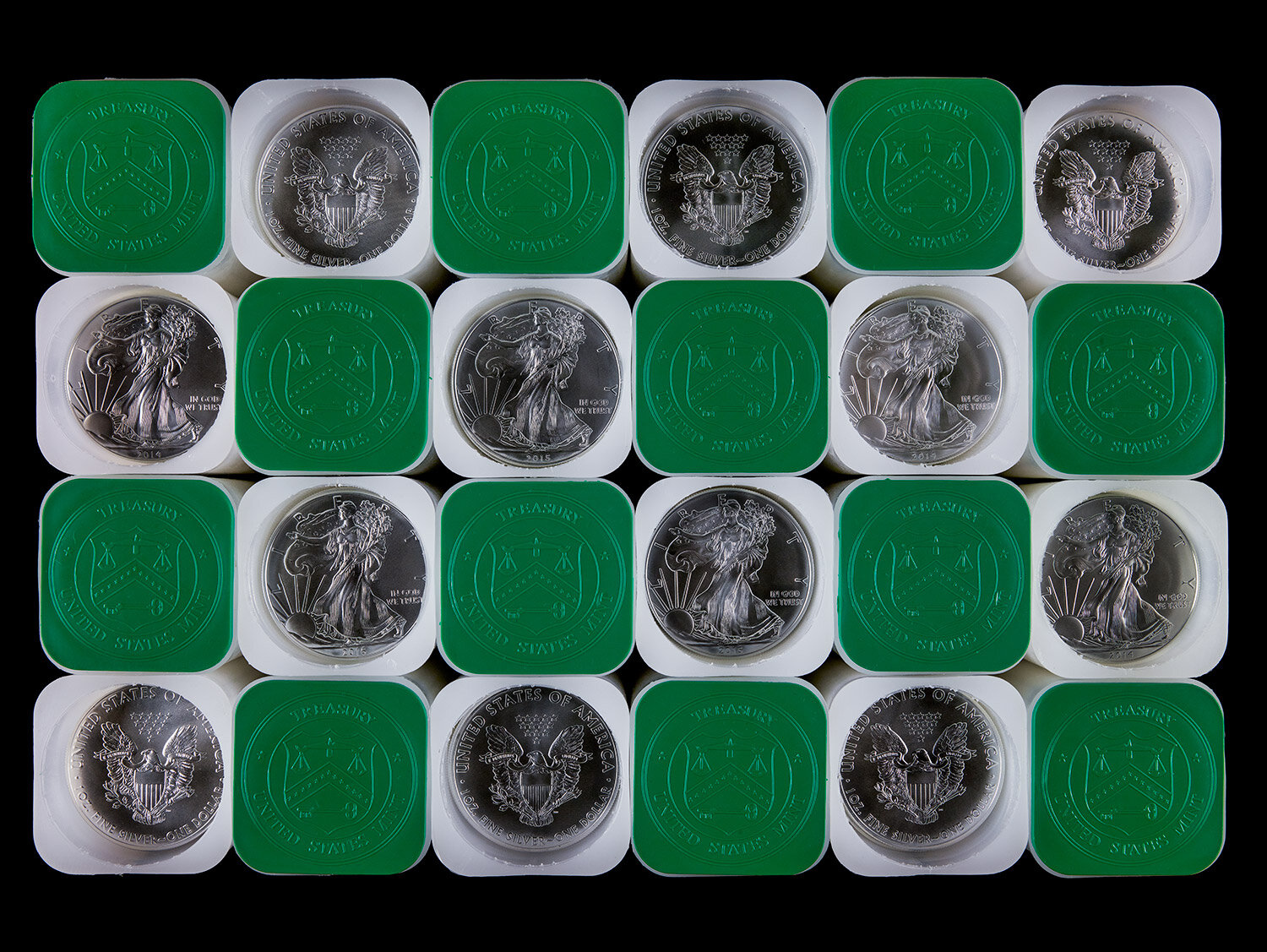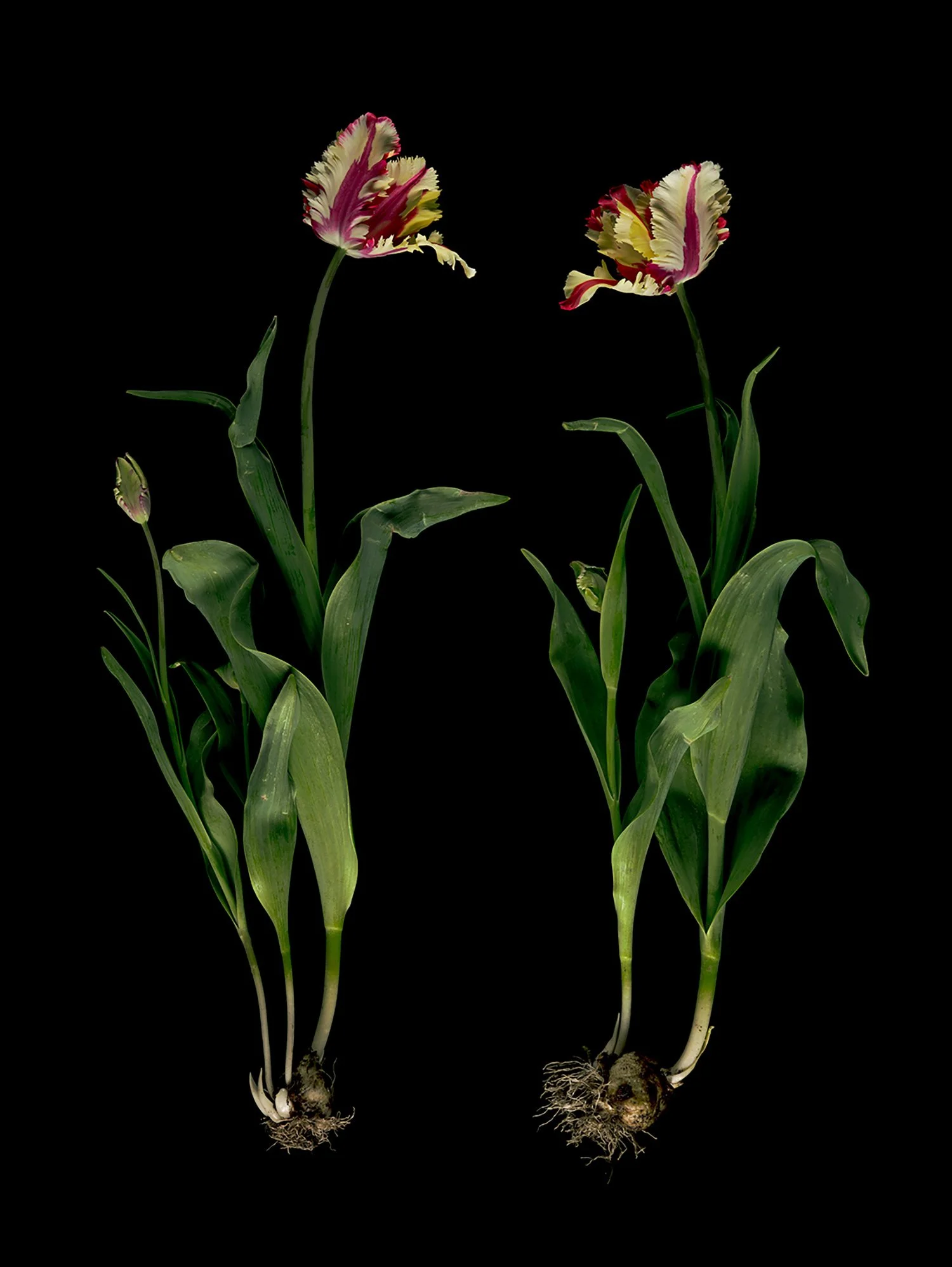Why do 6” inked-green cotton-linen sheets, part bacteria/part cocaine, with dead presidents hold value? Why are diamonds de-facto precious engagement stones? Why do humans pay exorbitant sums for luxury blue-chip art? Money and value are a lifeblood of societies as they touch all cultural aspects of life. Often misconceived, taboo, and disparaged topics, they're increasingly coming to the fore in our charged and dynamic era of rapid consumption, wealth disparities, moral iniquities, and affordability crises. Since 2015 I've been probing sociocultural and economic aspects to understand how money, value, and worth function in and shape societies. I’m intrigued with how those are determined and expressed throughout civilization.
Like language, money is a medium facilitating exchange in human action, a non-violent protocol for communicating value and coordinating prices in market economies. Money's roots lie in human prosperity/innovation, status/privilege, ethics/control, politics/war, tribute/bondage, et al. While value is a linguistic-behavioral abstraction, money is one of civilization's bedrock technologies. (continued below images…)
Philosopher Adam Smith argued the origin of human thought and development of language stem from an innate desire to trade; Friedrich Nietzsche further suggested the psychological effects of selling, buying, and value calculation predate the beginnings of social structure; both believed the benefits of exchange are what led to the creation of commercial markets. Aristotle, too, posited money is social adhesion and fosters relational connection in the spirit of “fertile soil reaping abundant harvests.” In a multitude of ways, from benevolent to nefarious, exchange guides many social, economic, and political transactions.
Societies historically evolved toward adopting saleable (readily-available, recognizable, and accepted) commodities to settle accounts, trusting these items will maintain value for saving and trading tomorrow. These “hard” monies have espoused crucial properties of portability, durability, divisibility, scarcity, and unforgeable costliness (resistant to stealth counterfeiting), ultimately maintaining value (purchasing power) through time and space. While nations indiscriminately inflate currencies out-of-thin-air (“ex nihilo”) and pivot into cashless paragons of unsustainable debt and systemic erosion, history's verdict dictates such interventions gradually foment institutionalized cronyism, malfeasance, parasitism, and plunder, leading to pernicious imbalances, oppression, violence, and devolution.
A salient question seemingly seldom asked: how is value determined and expressed throughout civilization? What traits of money lead communities into unbounded prosperity and to inevitable strife? Ethical apolitical monies are pivotal frameworks for tamper-resistant measurements of value in long-term preservation of freedom, stability, health, peace, achievement, property rights, and our most precious commodity, time.
Here I present a diverse array of historic and contemporary objects, some defunct and lost to history, others of significant collectible value and rare cultural prestige, few technologically novel and of revolutionary worth. Suspended dramatically against black and bathed in broad diffuse light, objects are showcased in full-form legibility for shape, color, and crucial nuance. A compelling array of artifacts emerge from civilization's volatile pursuit of power, commerce, desire, beauty, and speculation.
Permit me to issue and control the money of a nation, I care not who makes the laws.
—Attributed to M.A. Rothschild
Earnest thanks and recognition for the organizations and individuals that supported this project: Museum of American Finance, American Numismatic Association, Edward C. Rochette Money Museum, National Archeological Museum of Athens, George Washington’s Mount Vernon, Heritage Auctions, Glenn P.




































